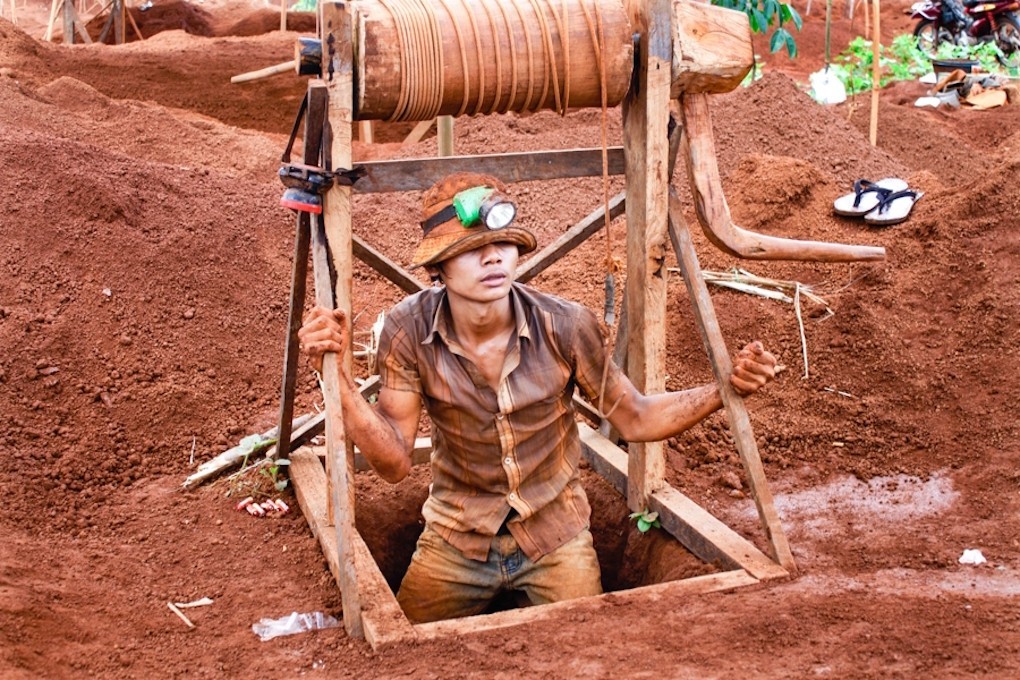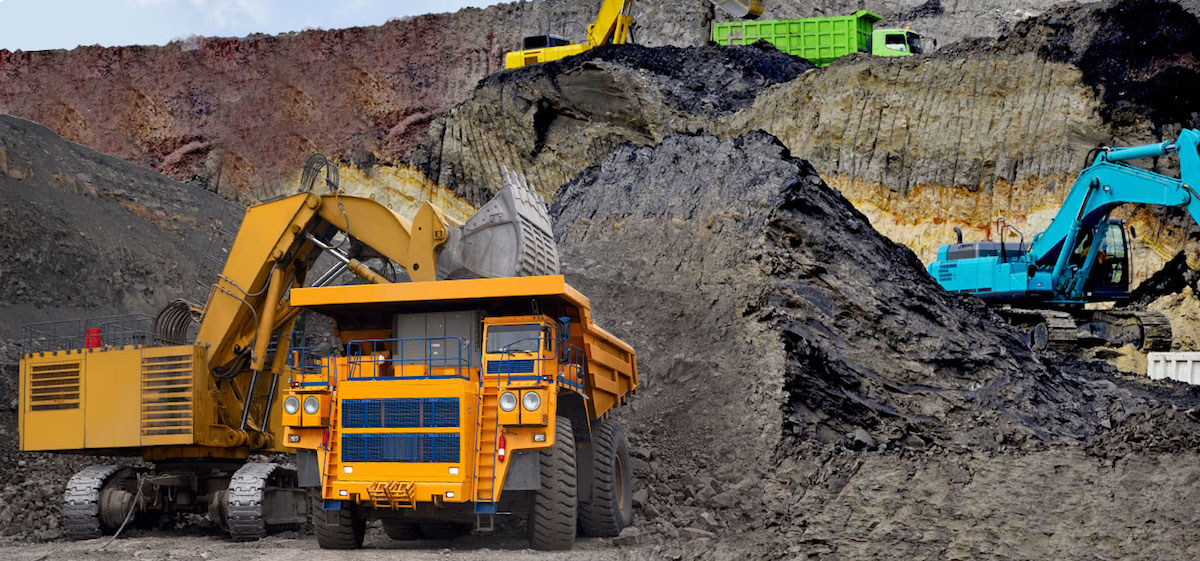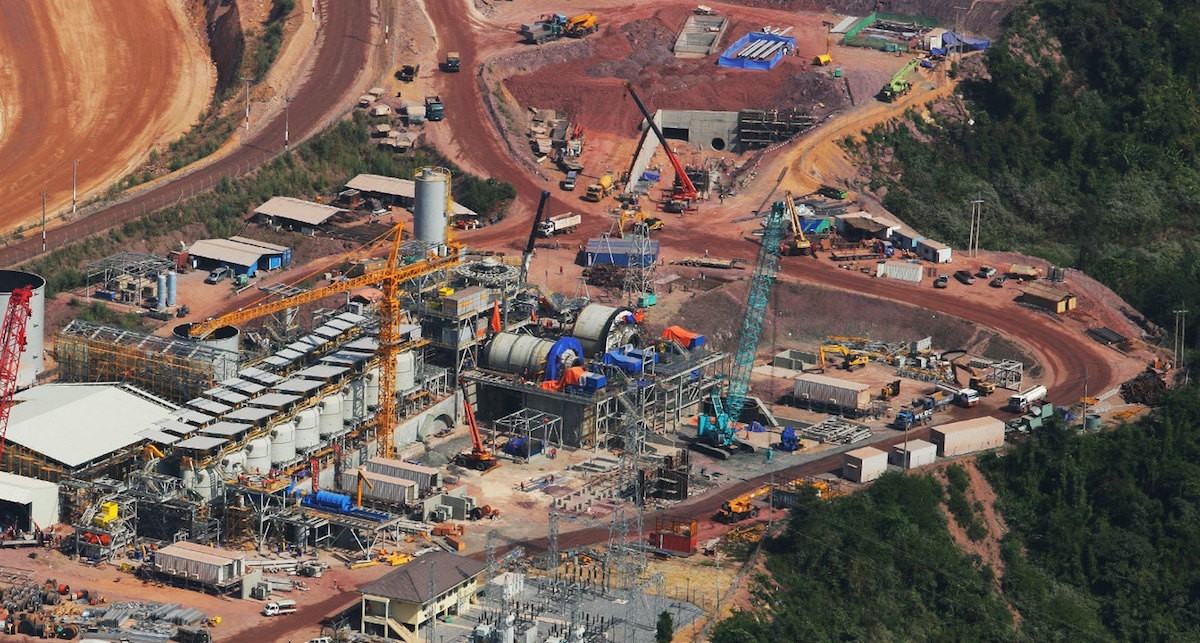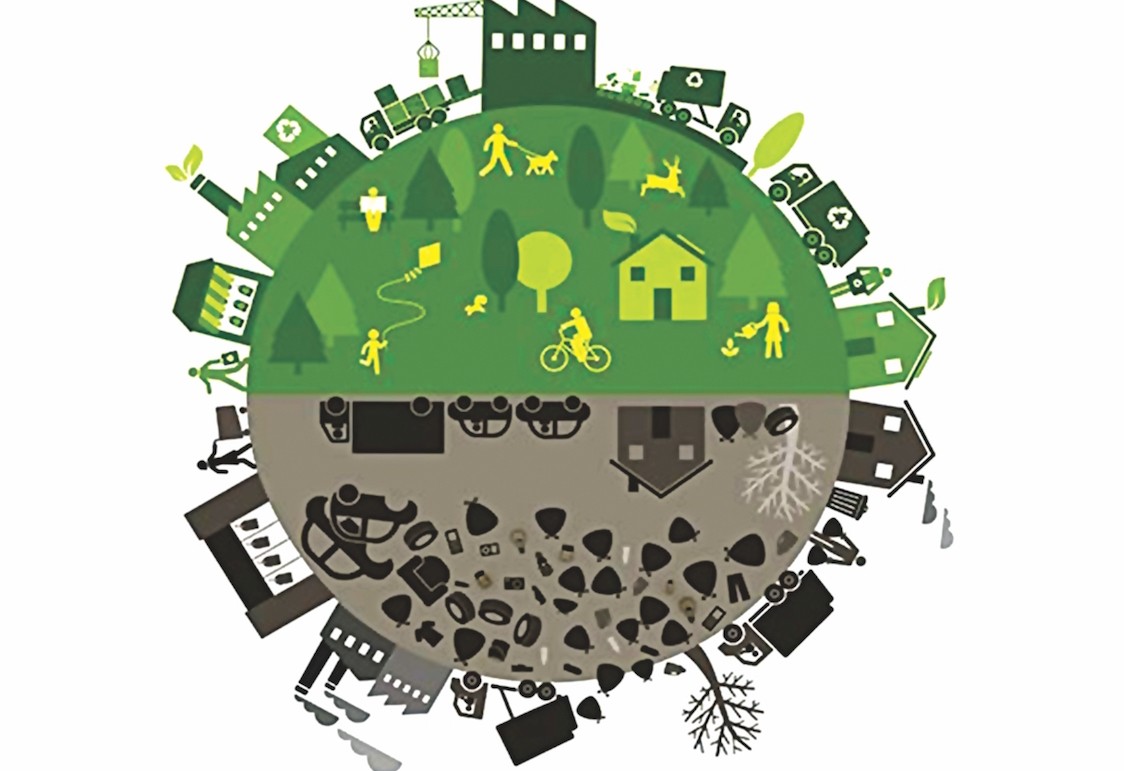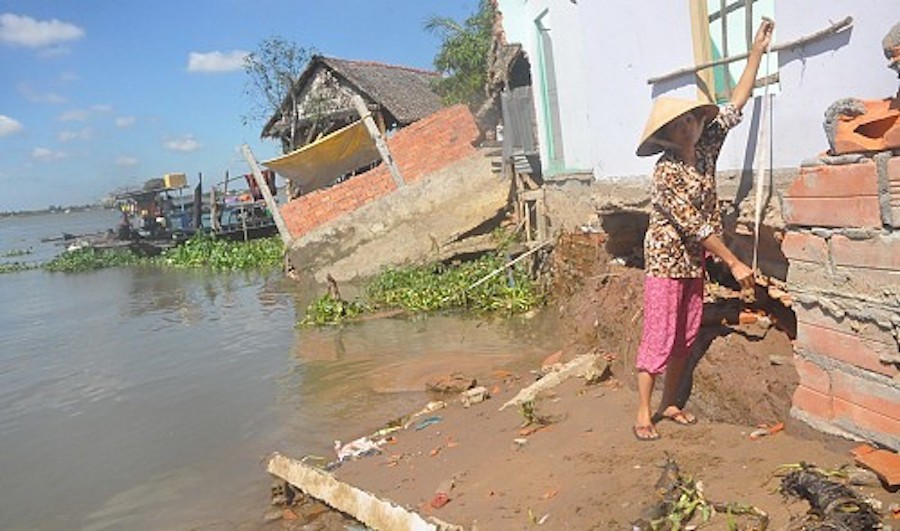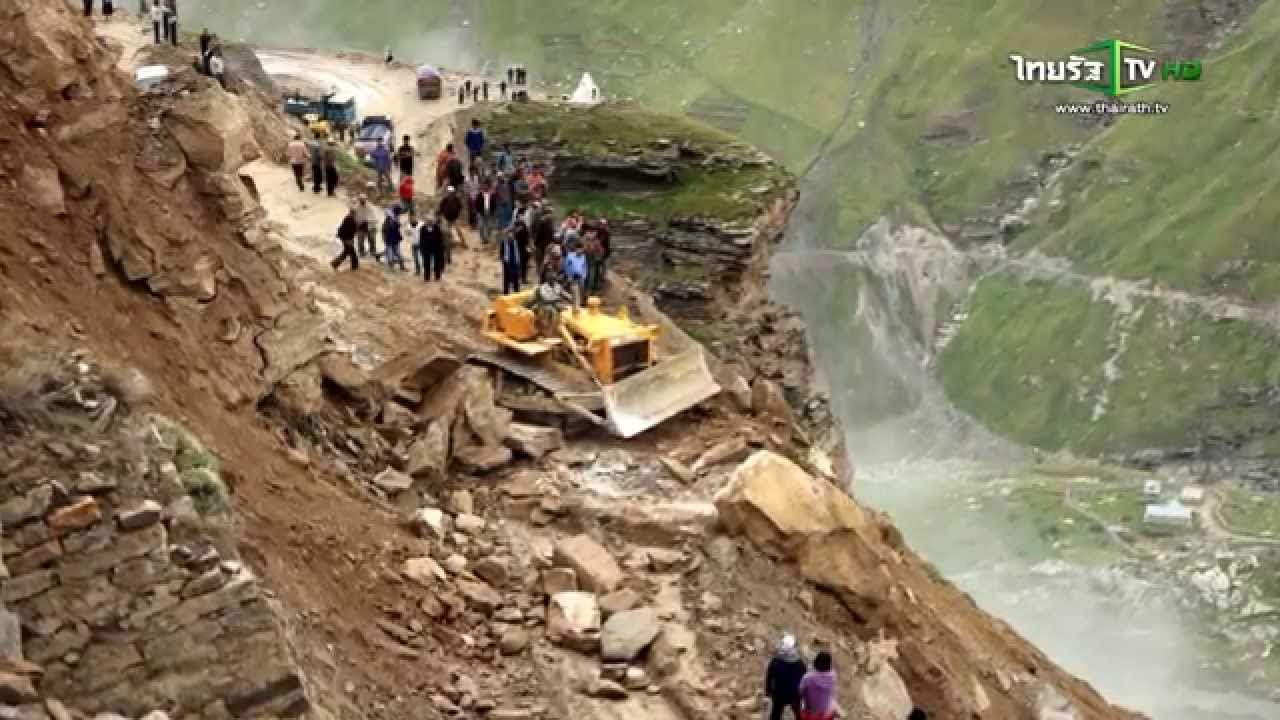In an effort to improve the governance of the Kingdom’s mining industry, with a focus on increasing revenue generation, the government has approved 11 articles largely concerning export permits for mined resources.
“Except for uranium and any reactor [related] mining which is banned from being exported, export permits have to be mainly evaluated for the long-term purpose – based on the comparative advantage and benefit to the economy, society and the environment.”
Meng Saktheara, secretary of state at the ministry told Khmer Times yesterday that the sub-decree is complementary to the existing mining law which had been promulgated since 2001.
“This sub-decree is to be used to manage any kinds of mining production except oil and gas. We do hope that the sub-decree sets strong and clear guidelines for the industry that can attract more foreign investors.”
“It provides us with clear mechanisms to manage the industry, as we will automatically allow exports if the product can be processed locally,” he said, noting the importance of adding value to the country’s mined resources.
Last month, the Ministry of Mines and Energy issued Cambodia’s first industrial mining license to Indian-owned Mesco Gold (Cambodia) to start operating an underground gold mine in Ratanakiri province.
According to ministry data, over 20 gold occurrences, 15 base metals occurrences and 26 iron ore and related occurrences have been identified. Work is continuing on some 60 active concessions to further delineate the country’s mineral wealth, with a particular emphasis on gold, base metals and bauxite.
According to the sub-decree, any mined resource which can be processed locally, and therefore boost its “value-added,” will not be allowed to be exported.
“It can be allowed to be exported if it cannot be processed locally due to the impact [it may cause] to the environment or because the amount of product exceeds local demand,” it said.
According to data from ministry, the before-tax revenue from the mining industry has sharply increased. In 2015 the figure was $17.25 million, up from just $4 million the year before.
Cambodia is at the early stages of mineral resource development. As part of a prospective region with a burgeoning exploration sector, the country has an opportunity to lay the foundations for responsible mining.


